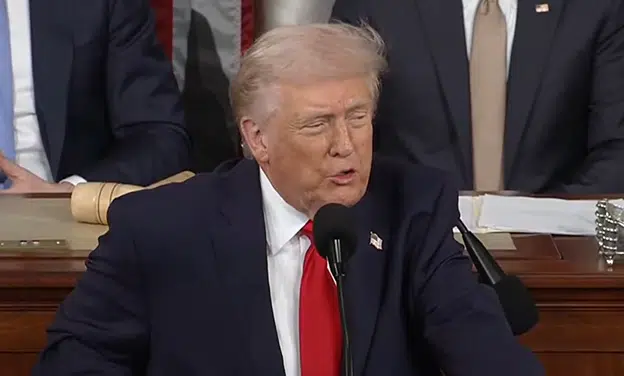By Rebecca Difede – It’s 9 O’clock, do you know where your organic chickens are?
In light of recent differences between the new regulations dictated by the National Organic Standards Board (a section of the US Department of Agriculture) and those of the Food and Drug Administration (FDA) defining exactly how chickens should be raised, and in what ways they must be raised in order to be certified “organic,” the fate of the entire organic chicken market may be in jeopardy.
The freshly proposed USDA regulations conflict directly with the policies already put in place by the FDA which apply to all animals, certified and non-certified organic, in reference to the safety of the meat for human consumption. A poultry farmer who would like to get his chicken certified and sold as organic, will be shocked to discover that in order to comply with the FDA regulations, which are required in order to sell the chicken at all, one must be in violation of the USDA regulations which then prevent the chicken from being labeled as “certified organic”.
And so the inter-Obama Administration standoff begin, and organic food lovers everywhere are wondering, who will back down first?
In 2009, Obama’s Environmental Protection Agency (EPA) partnered with the FDA to implement a program that would reduce Salmonella among livestock, including those intending to be certified organic. This program, among its numerous edicts, required that the livestock be kept in cages or poultry houses, and subjected to a very strict cleaning regimen so as to minimize the risk of the spread of Salmonella.
According to the draft guidance for “Prevention of Salmonella Enteritidis in Shell Eggs during Production, Storage, and Transportation”, the FDA requires that these measures be taken because they “limit the fecal-to-oral mode of transmission between chickens because they reduce the amount of fecal matter that accumulates where other chickens are exposed to it”.
The document goes on to point out all of the other ways that disease can be passed, such as through the waste of pests and rodents contaminating the food troughs or the living space, which is why they require “physical barriers” in which to house the chickens so that they are kept far away from any possible contaminants. Interestingly enough, even though salmonella is 100 percent naturally occurring, mainstream Americans aren’t clamoring for it to be included in their organic chicken.
In the years since those rules were promulgated, the USDA formulated a set of proposed rules defining exactly how organic chicken was to be raised, as differing from the raising of non-organic (but somehow also non-synthetic) chickens. In order for a food to be certified organic, it must comply with all of the USDA’s regulations on organic food, or else it will not receive the label and thus be unable to be sold as organic.
One of the main tenets of the USDA’s proposal, was that “organically managed poultry must have year-round access to outdoors. Organic livestock facilities shall give poultry the ability to choose to be in the housing or outside in the open air”. You know, just in case Foghorn Leghorn decides he wants to sunbathe for a bit before adjourning to his boudoir.
The regulations proposed by the USDA directly refute the FDA’s safety regulations and are a blatant attempt to exercise their power by threatening the refusal of the ‘certified organic’ seal if their rules are not followed. However if a farmer is found not in compliance with the FDA’s regulations, his chicken will not be allowed to be sold at all.
Given this, it would make more sense for the USDA to conform their regulations to fit those of the FDA so as to allow as many organic farmers as possible to meet the growing demand. Although the FDA wrote a letter outlining their concerns with the proposed rules, the USDA responded with a letter of their own, basically saying “it’s my chicken, and they’ll live outside if they want to.”
The Obama agency game of chicken leaves poultry farmers in a peck of trouble if they want their fowl certified organic. “In this case, the Obama Administration is literally regulating a farmer out of business,” Congressman Jack Kingston commented, “they are throwing down new rules and regulations so fast, the Administration itself can’t even keep things straight. How is the average American supposed to compete?” And so, it seems there are many pages of negotiations ahead before any of these chickens can cross the road.
Rebecca DiFede is a contributing editor to Americans for Limited Government.






